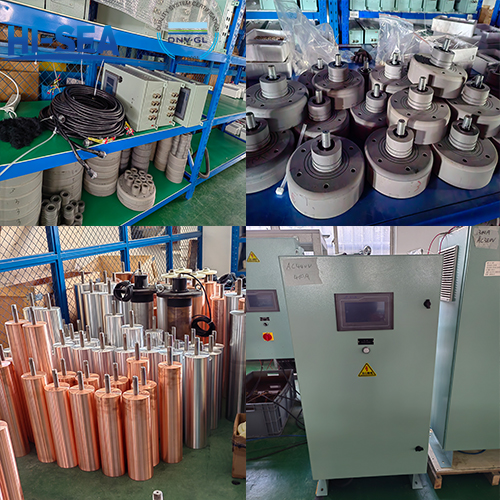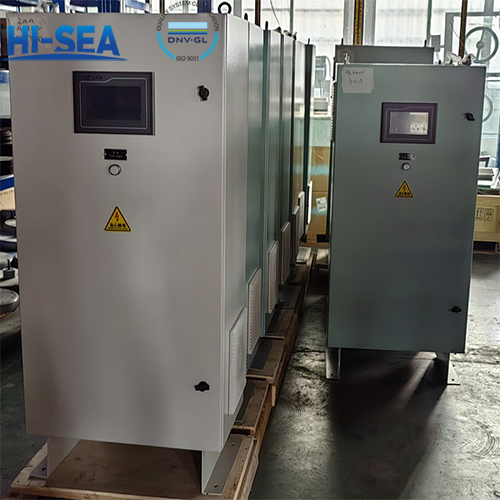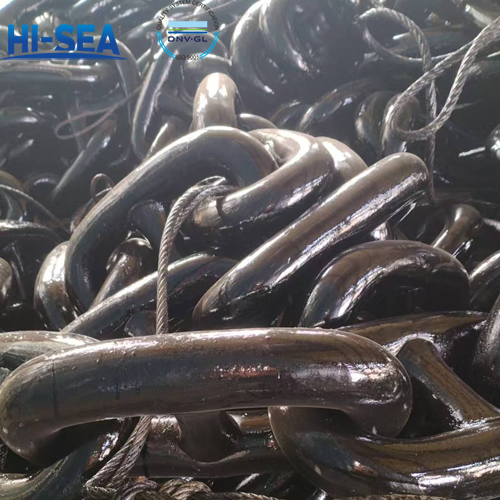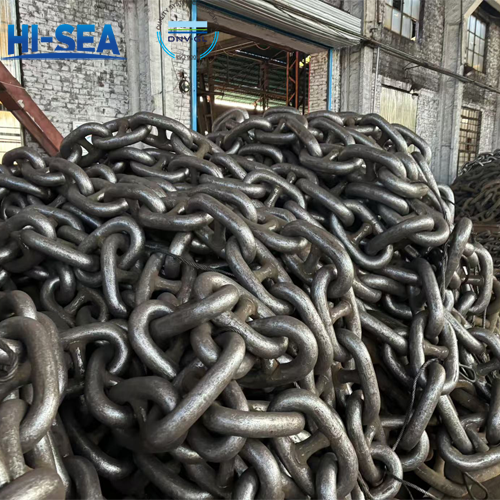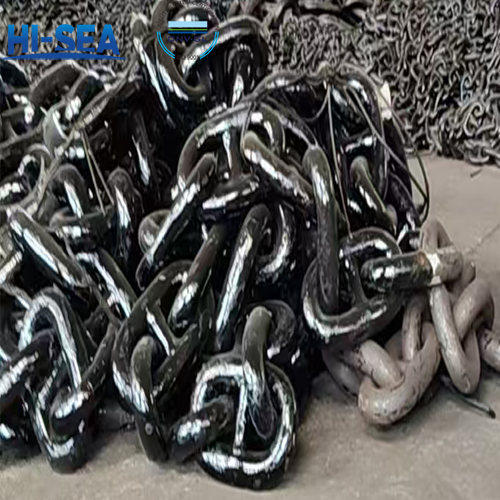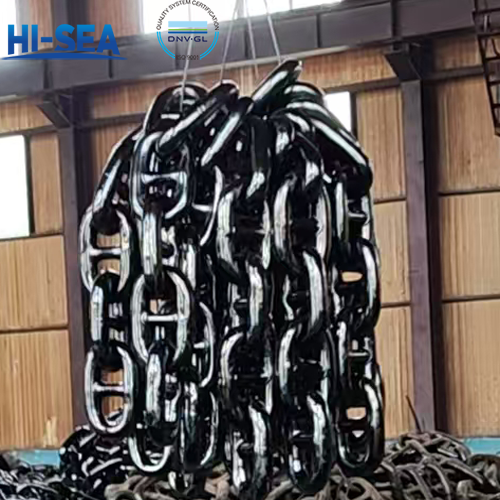
Impressed Current Cathodic Protection System
The ICCP system is suitable for seawater corrosion protection of underwater hulls. The DC current provided by the constant potential instrument is used to polarise the hull and seawater to form a circuit, with the positive electrode connected to the auxiliary anode and the negative electrode connected to the ship's hull, and the underwater ship's hull reaches the protective potential through the monitoring of the reference electrodes to protect the ship's hull from corrosion.
Overview
Definition
By applying a DC power supply or a metal more active than the hull surface metal, the potential of the metal to be protected is lowered to a potential that is not subject to corrosion, so that the electrons required for redox chemical reactions are given by the current of the applied power supply or the active metal.
When the hull surface metal is at a potential lower than this potential, the metal will not participate in redox reactions, and will no longer be corroded by seawater.
Electrochemical corrosion is due to the active metal and electrolyte solution together with the redox reaction caused by the same principle as the primary battery.
Because the hull is composed of active metal - iron, and seawater is the electrolyte solution, redox reaction between them.
Iron loses electrons and reacts with oxygen and water to form rust, which dissolves in the water, and the hull corrodes over time. From the positive formula can be known to get electrons to form hydroxide, then through the applied current to provide protection to the hull of the electrons, so that the hull will not be corroded because of the loss of electrons, which is the principle of the basis of the cathodic protection of the impressed current.
Daily Maintenance
The main parameter of ICCP system is the protection potential, which is between 0.05V-0.25V for hull steel plate.
Generally, the output current and output voltage will change according to factors such as seawater salinity, seawater temperature and sailing speed, and these changes are normal phenomena.
Routine checking can prolong the service life of the equipment and reduce the maintenance cost of faulty parts.
1. Regularly check the wiring of the power supply for looseness and corrosion.
2. Regularly check whether the three-phase input voltage is normal and whether there is any missing phase.
3. regularly check whether the fuse in the circuit is blown.
4. regularly check the hull electrodes, open the hull watertight cover, ensure that the watertight cover remains dry, and check whether the connecting wires are loose.
5. Every time the vessel is in dock for factory repair, the electrodes should be checked to prevent depletion and replaced every ten years under normal operation.
Picture of Impressed Current Cathodic Protection System
